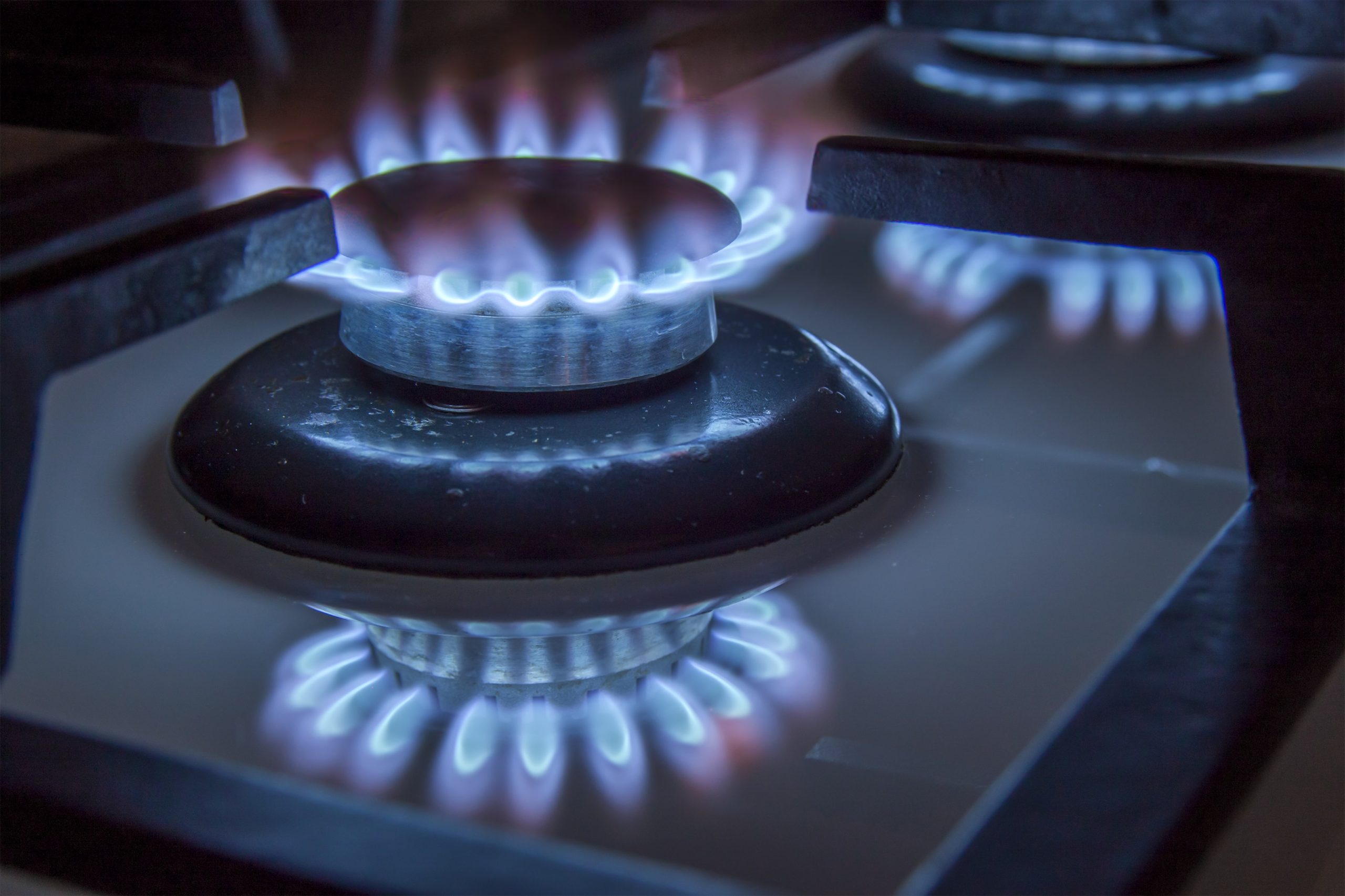Ensuring Safety with Gas Safety Certification in Milton Keynes
Gas safety is an important consideration for homeowners and property managers alike, especially in locations like Milton Keynes. As one of the fastest-growing towns in the UK, Milton Keynes is understood for its modern infrastructure and stretching suburbs, which frequently rely heavily on gas for heating and cooking. Keeping gas safety is not only important for securing life and residential or commercial property however is likewise a legal requirement. see this site will explore the significance of gas safety certificates, the requirements for obtaining one in Milton Keynes, and suggestions for guaranteeing compliance.
What is a Gas Safety Certificate?
A Gas Safety Certificate, commonly referred to as a Gas Safety Record or CP12 certificate, is an official document that confirms that gas appliances, installations, and flues in a property have actually been examined and are safe to utilize. This accreditation is normally released by a certified Gas Safe registered engineer following a comprehensive inspection.
Value of Gas Safety Certificates
- Legal Compliance: For landlords, supplying a valid Gas Safety Certificate is not simply excellent practice; it is a legal requirement under the Gas Safety (Installation and Use) Regulations 1998. Failure to provide this documents can lead to substantial fines or perhaps jail time.
- Safety Assurance: A Gas Safety Certificate makes sure that all gas home appliances and systems are operating properly and are safe. It assists in minimizing the threat of gas leaks, fires, and carbon monoxide gas poisoning.
- Peace of Mind: Homeowners and renters can feel more safe knowing that their gas devices have been inspected and accredited by a professional. Routine evaluations also assist in determining prospective issues before they escalate.
Legal Requirements for Landlords in Milton Keynes
Landlords in Milton Keynes have particular legal commitments relating to gas safety. They should:
- Ensure all gas devices and setups are kept: Appliances ought to be serviced annually by a Gas Safe registered engineer.
- Provide renters with a Gas Safety Certificate: This must be supplied within 28 days of the inspection and at the start of any new occupancy.
- Keep records: It is critical for landlords to maintain records of all safety checks and certificates as evidence of compliance.
How to Obtain a Gas Safety Certificate
Getting a Gas Safety Certificate in Milton Keynes involves a number of steps:
1. Work With a Qualified Engineer
Finding a Gas Safe registered engineer is the initial step. Landlords and property owners can easily validate an engineer's registration by examining the Gas Safe Register website.
2. Set up an Inspection
As soon as an engineer is picked, schedule a practical time for them to examine the gas home appliances, flues, and systems in your home. This inspection generally takes around 30 to 60 minutes.
3. Conduct the Inspection
The engineer will check numerous aspects, consisting of:
- Leak detection
- Device performance
- Flue performance
- Ventilation requirements
- Gas pressure levels
4. Receive the Certificate
If everything is discovered to be in order, the engineer will provide a Gas Safety Certificate. If problems are recognized, the landlord or homeowner will need to deal with these before a certificate can be provided.
5. Routine Maintenance
To guarantee continuous compliance, routine annual assessments must be carried out. It is suggested to keep a journal or schedule tips for every twelve months.
Responsibilities for Homeowners
While property owners have specific legal obligations, homeowners should likewise prioritize gas safety for their households. Homeowners can follow similar actions to guarantee their own gas systems are safe:
- Conduct Annual Inspections: Homeowners should arrange for their gas devices to be checked a minimum of when a year by a Gas Safe registered engineer.
- Know Your Appliances: Familiarize yourself with the gas devices in your house and ensure they are not past their expiration dates.
- Screen for Issues: Be alert for indications of gas leaks, such as the odor of rotten eggs, hissing noises, or yellow flames rather of blue flames, and report any concerns right away.
Typical FAQs about Gas Safety Certification
What should I do if my Gas Safety Certificate expires?
If your Gas Safety Certificate has expired, you should arrange an inspection right away. You can not lawfully operate gas home appliances without a valid certificate.
How typically do I need to get a brand-new Gas Safety Certificate?
New Gas Safety Certificates must be acquired every year. Additionally, a new certificate is required when there is a change in tenancy.
Can I do my own gas safety checks?
No, it is prohibited for anybody who is not Gas Safe registered to carry out gas safety checks and issue Gas Safety Certificates. Constantly work with a qualified professional.
What takes place if I don't obtain a Gas Safety Certificate as a landlord?
Stopping working to get a Gas Safety Certificate can lead to heavy fines or legal action against the landlord. In severe cases, it can lead to jail time. Moreover, losing out on compliance might threaten insurance coverage claims in the event of a gas-related incident.
What is included in the gas safety inspection?
A gas safety inspection generally covers inspecting the safety and functional efficiency of appliances, flues, and ventilation. The engineer will also guarantee there are no gas leakages, and that pressure levels are suitable.
Gas safety is an important aspect of home and renter safety, particularly in a growing town like Milton Keynes, where gas home appliances prevail. Getting a Gas Safety Certificate is not just a legal requirement for landlords however likewise a responsible practice for house owners. By sticking to these guidelines and focusing on safety, people can assist prevent harmful scenarios and ensure their gas systems run efficiently and securely. Regular inspection should end up being a norm, as safety can not be ignored when it comes to gas usage in any house.

